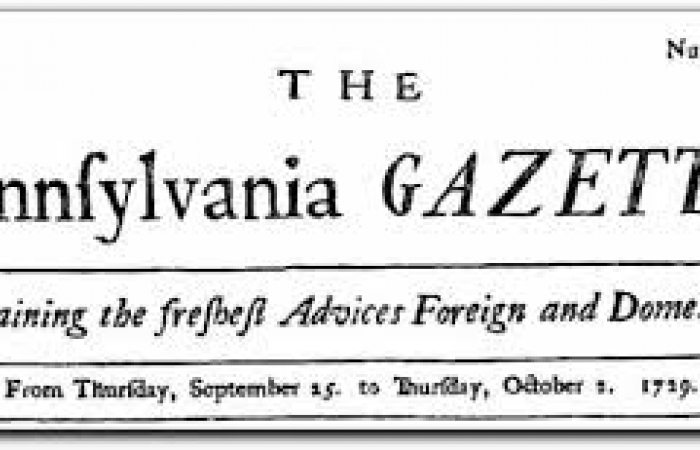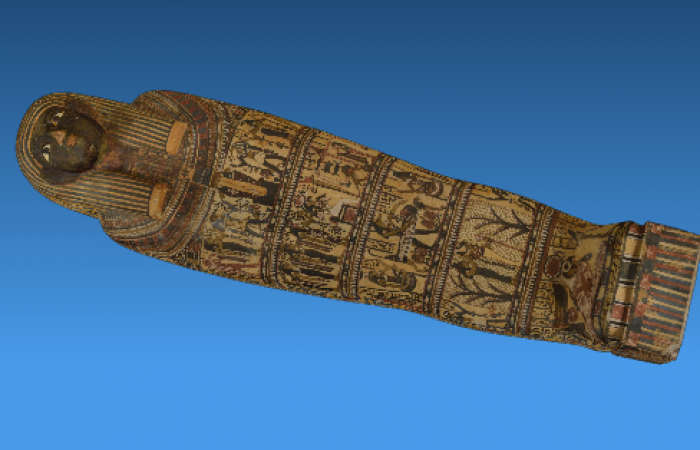A Humanist Apologetic of Natural Language Processing; or A New Introduction to NLTK. A Guest Post by Teddy Roland, University of California, Berkeley
Computer reading can feel like a Faustian bargain. Sure, we can learn about linguistic patterns in literary texts, but it comes at the expense of their richness. At bottom, the computer simply doesn't know what or how words mean. Instead, it merely recognizes strings of characters and tallies them. Statistical models then try to identify relationships among the tallies. How could this begin to capture anything like irony or affect or subjectivity that we take as our entry point to interpretive study?



